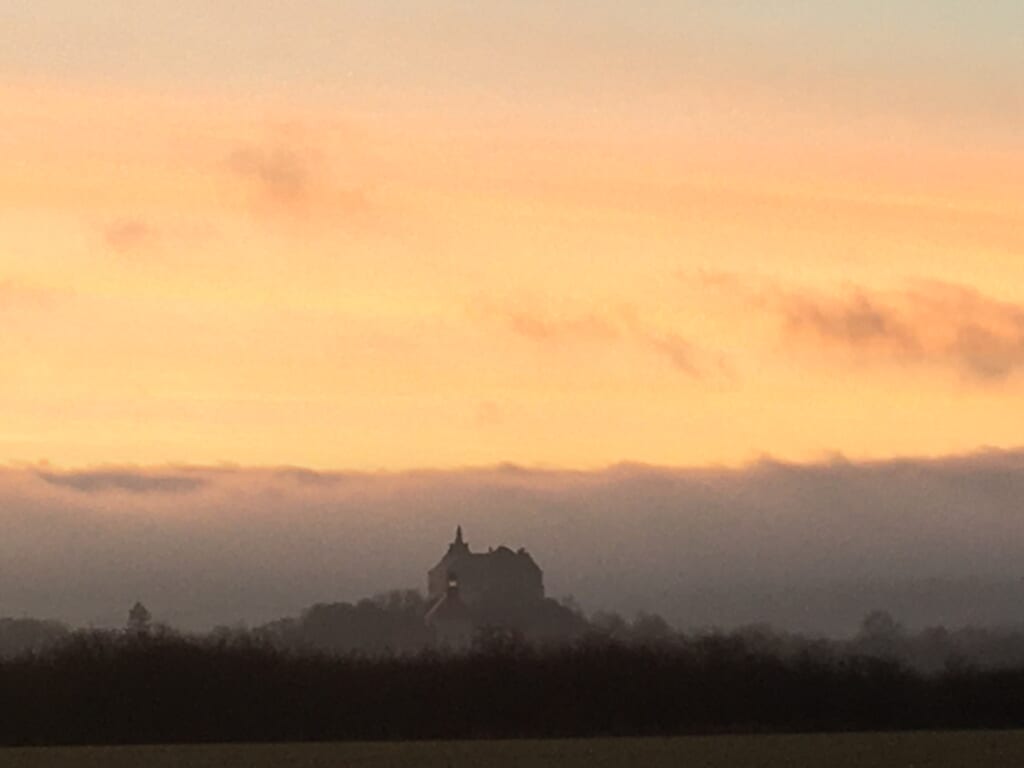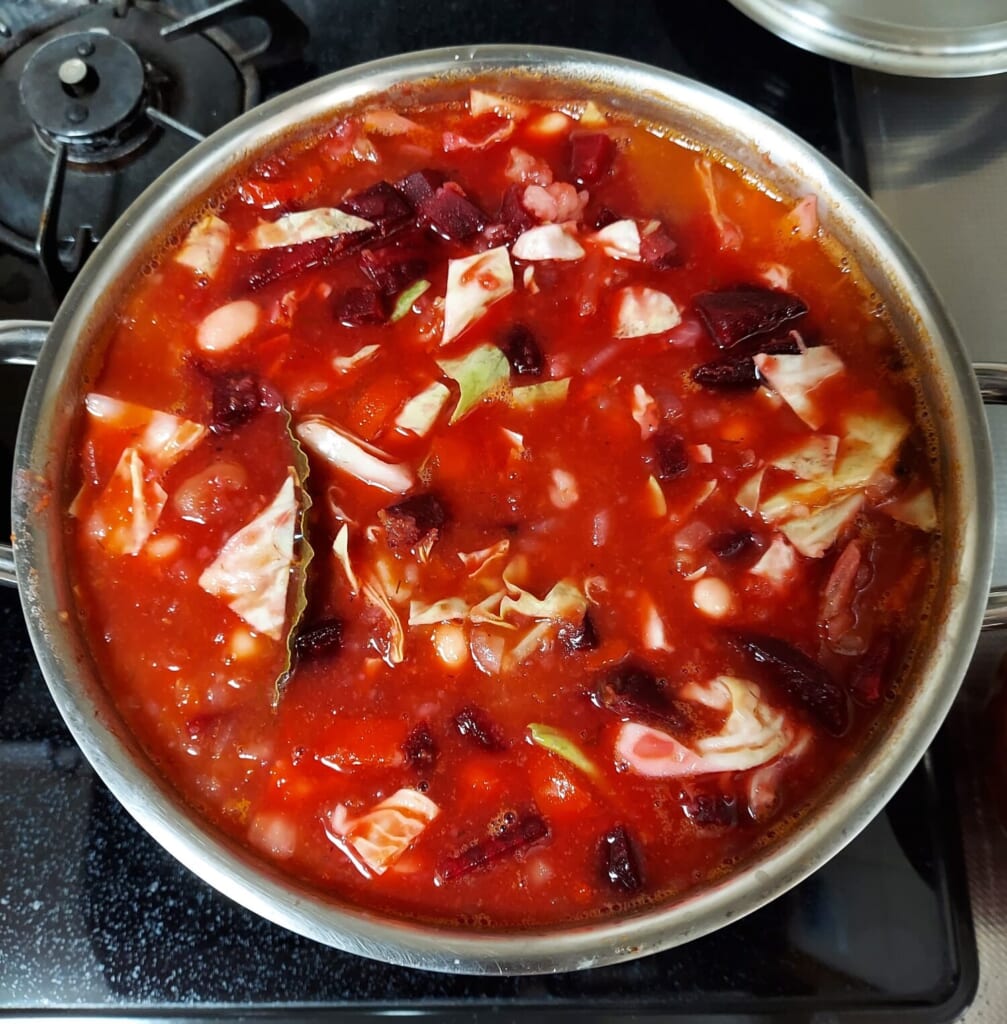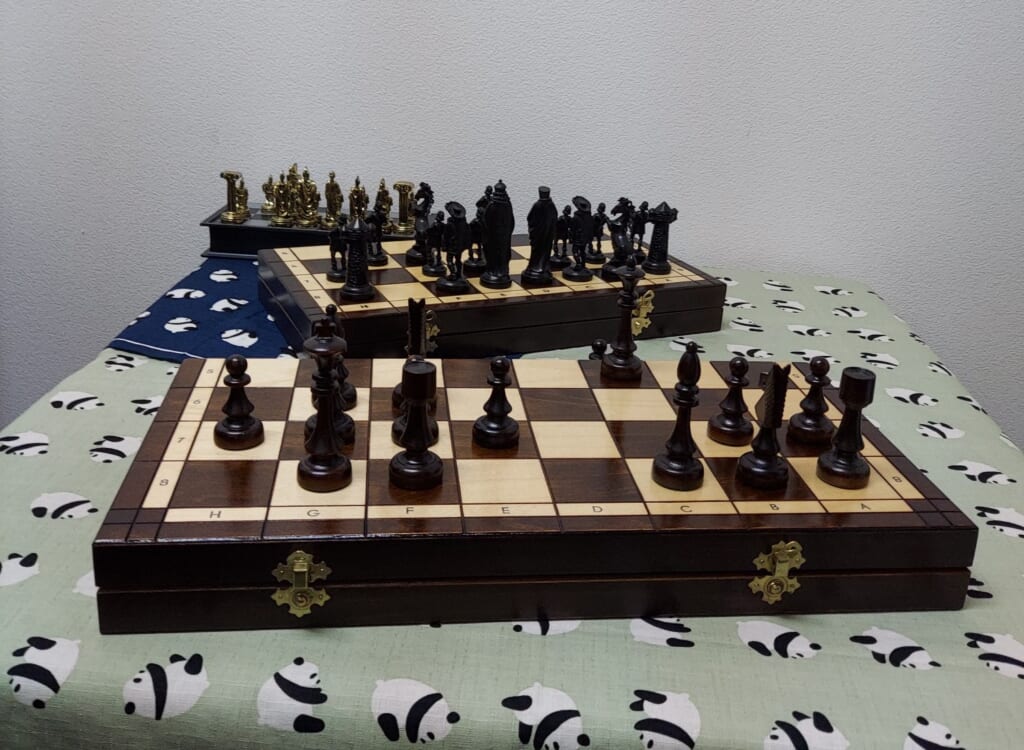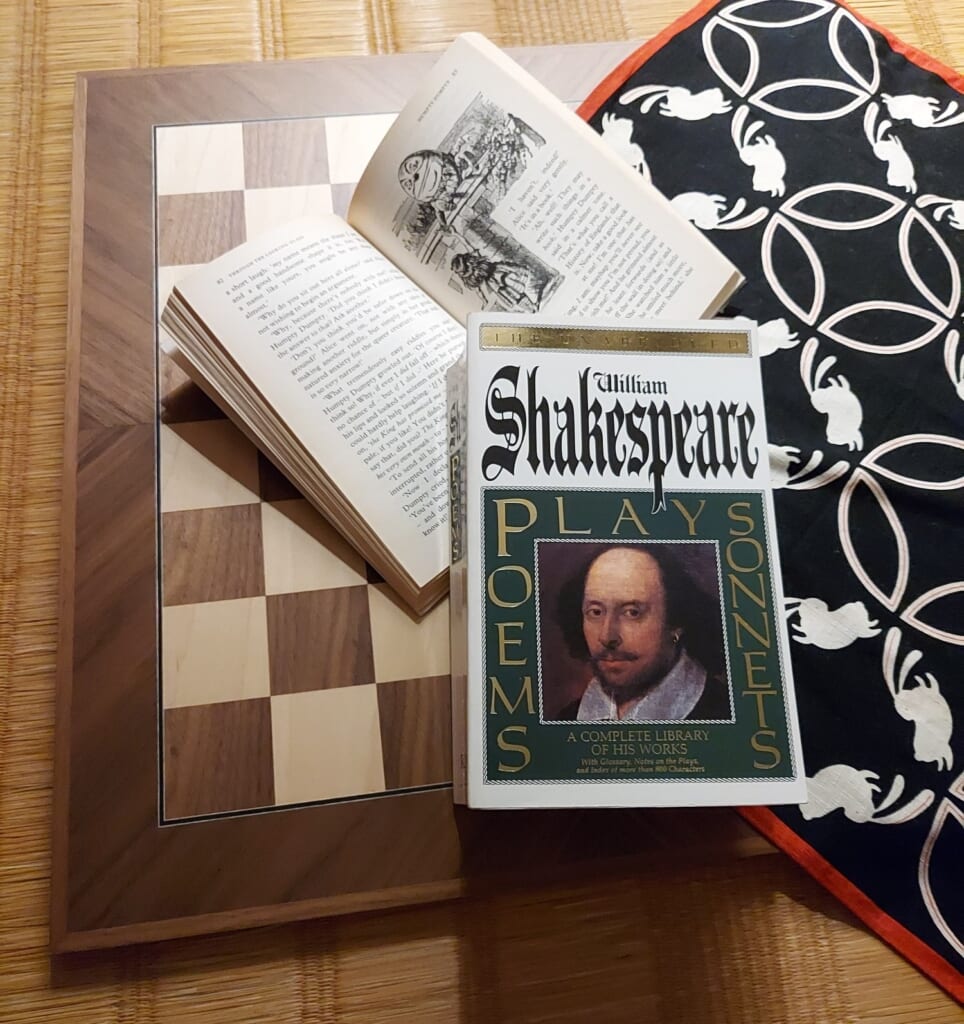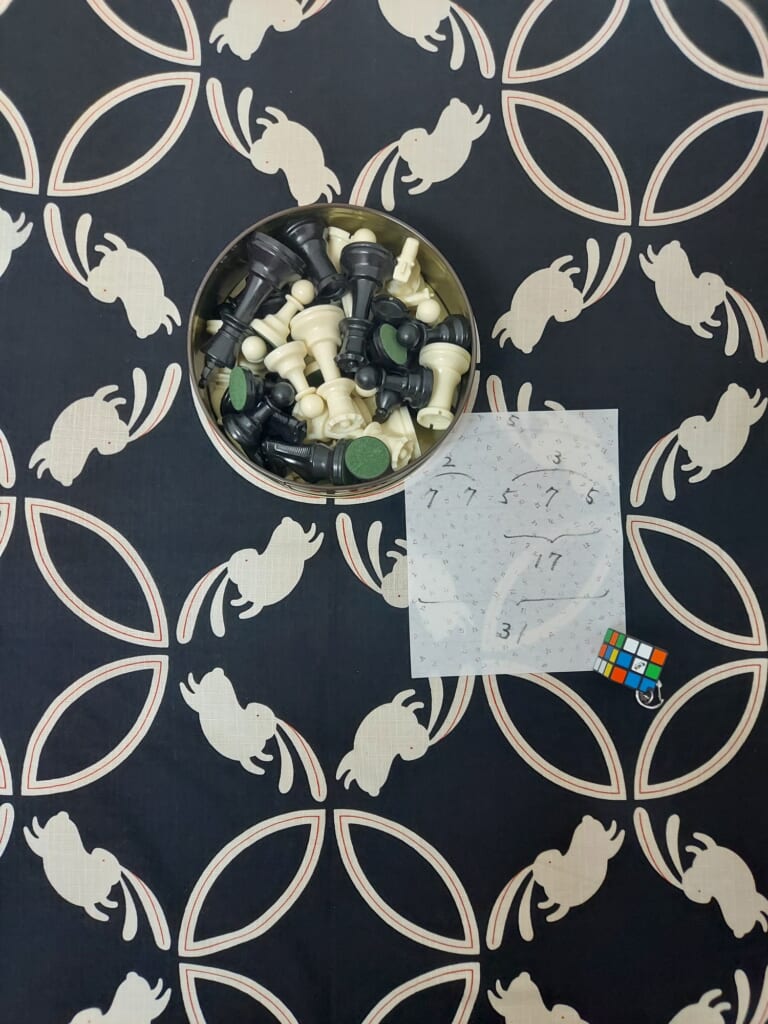
There are those who.
Are not yet leaving town.
Close to Pokrovsk.
Among them are locals.
Working to repair.
War-damaged infrastructure.
“I live on one of the streets.
Closest to the front line.”
“Everything is burnt out.
Around my house.
My neighbours died.
After their home was shelled.”
He says.
As he and his co-workers.
Try to fix.
Electrical lines.
“But I don’t think.
It’s right to abandon our men.
We have to fight.
Until we have victory.”
“We have to fight.
Until we have victory.
And ‘Mordor’ is punished.
For its crimes.”
There are those who.
Are not yet leaving town.
Close to Pokrovsk.
Among them are locals.
Working to fix.
A shell-damaged home.
But his resolve is not shared.
By this 20-year-old.
“I don’t think.
The territory.
We’re fighting for.
Is worth human lives.”
“Lots of our soldiers have died.
Young men who could have.
Had a future.
Wives and children.”
“But they had to go.
To the front line.”
“But they had to go.
To the front line.”
There are those who.
Are not yet leaving town.
Close to Pokrovsk.
Among them are locals.
*Because I read “Fighting Russia – and low morale – on Ukraine’s ‘most dangerous front line’” by Yogita Limaye on 14 Oct 2024, and also “Why are Ukrainians calling Russians ‘orcs’?” by James FitzGerald on 30 Apr 2022, on the BBC news.
So, I wrote this poem as a story of Vitaliy, and a story of Roman.
Please read the original story on the BBC news:
Ukraine’s fierce battle to defend the eastern city of Potrovsk (bbc.com)
**My friend kindly shows you this poem in one page of the Ukrainian website for their children and others!
Please join them! You can read my 6 poems about Pokrovsk here at once.

